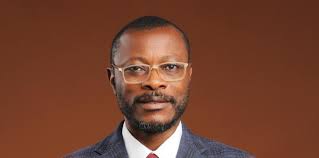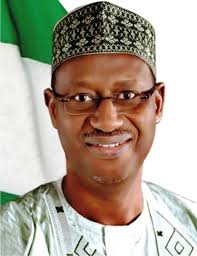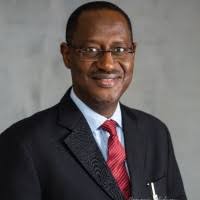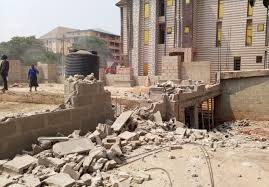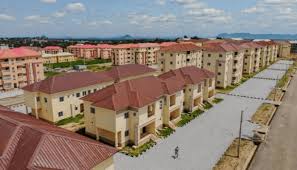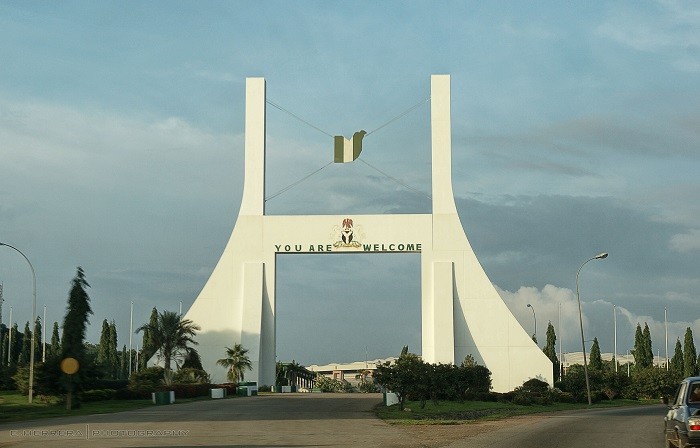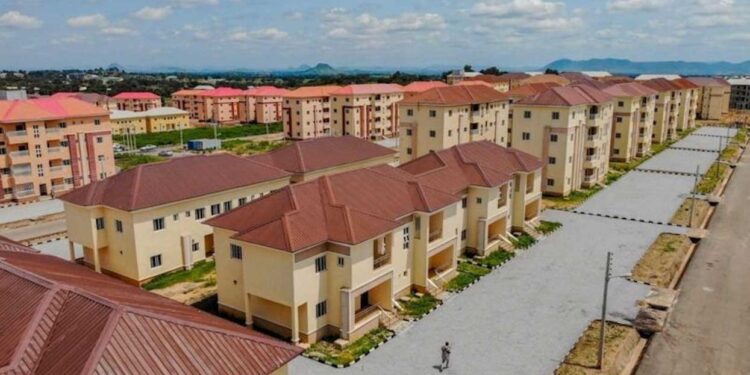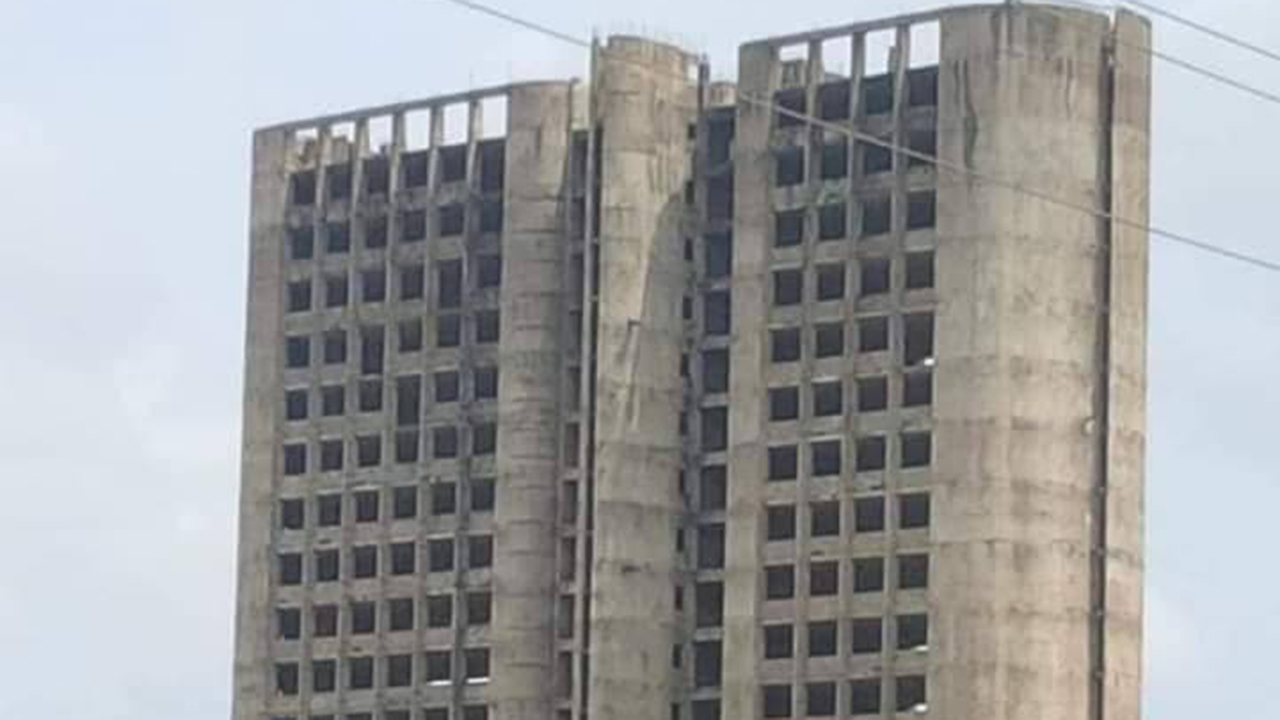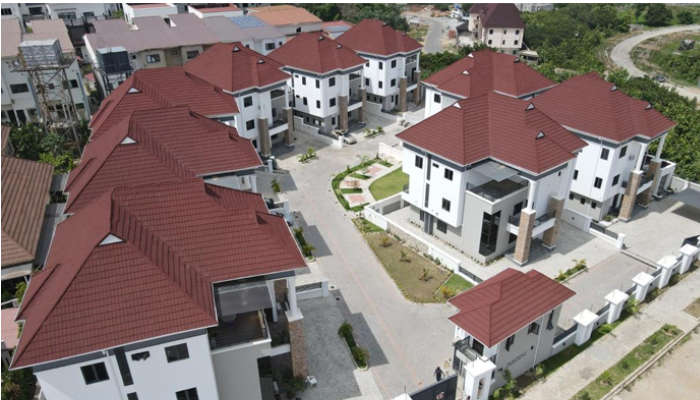
Housing deficit: What Nigeria can learn from Ghana
The Ghanaian government says it is committed to reducing the country’s housing deficit through policies and programmes which hold good lessons for Nigeria on how to deal with its own humongous housing demand-supply gap.
According to Francis Asenso-Boakye, Ghana’s Minister of Works and Housing, the country would soon launch a new affordable housing programme which would include government making land available, tax exemptions and other social amenities such as electricity, access roads etc for private developers towards the construction of affordable housing facilities.
Recent data on housing as released by Ghana Statistical Service (GSS), an equivalent of Nigeria’s National Bureau of Statistics (NBS), puts Ghana’s national housing deficit at 1.8 million, showing a 33 percent reduction from the previous 2.8 million units.
The government recognizes that this deficit exists and is excited about the significant reduction as expressed by Asenso-Boakye, who described the figure as released by GSS as great news, disclosing that the ministry was focused on ensuring that the old-age problem was effectively resolved.
This sharply contrasts with the Nigerian situation where the government says there is no housing deficit in the country. Babatunde Fashola, Nigeria’s Works and Housing Minister, says there is no record anywhere in the world that shows him that Nigeria has a housing deficit which experts have put variously at 17 million, 20 million and 22 million units.
Fashola insists that if there is anything in the semblance of housing deficit in Nigeria, it is an urban-based problem, contending that across towns and villages in Nigeria, there are many houses that are unoccupied because the owners have migrated to the cities.
Unlike Nigeria, Ghana has a current Housing Census Report on Housing Characteristics which the housing minister presented recently, assuring that his ministry was working towards eradicating impediments facing Ghanaians in owning decent, quality and affordable accommodation.
Read also: The challenges of affordable housing in Nigeria (II)
In Nigeria, the impediments to homeownership including access to land, high cost of housing finance, no functional mortgage system, lack of enabling environment for investors and developers are well known, but there isn’t any attempt to address these problems, rather government appears to be in competition with private developers by building and selling houses at unaffordable prices.
Like Nigeria, Ghana also has a good number of empty houses and apartments. But unlike Nigeria, the Ghana government, according to Asenso-Boakye, is concerned that about 12.7 percent of the total housing structures were vacant with variations across its 16 regions due to non-affordability.
In Nigeria, there is no known data that shows the number of vacant houses and apartments as could be seen in the nation’s big cities, particularly in Lagos and Abuja. In Lagos, for instance, the number of luxury apartments in places like Ikoyi is alarming but nobody has any accurate figure on them.
This is why many housing sector stakeholders call on the government to commission a body that would come up with dependable data on the country’s housing sector. “This has become very necessary so that we shouldn’t continue with a war (tackling housing deficit) we may have won or lost,” Erejuwa Gbadebo, former CEO of Broll Nigeria, advised.
“The percentage of vacant housing units reported in Greater Accra provides evidence for our growing concern about the number of exclusive high-rise apartments that are out of the price range of the average person in the country,” Asenso-Boakye lamented.
He explained that the affordability concerns was the reason the government has committed to introducing new policies that seek to reduce the cost of owning a decent accommodation by 40 percent, adding that while this required a multi-sectoral approach, the ministry would work with the GSS to interrogate the findings to be able to better serve the housing needs of the population.
Asenso-Boakye cited a research from GSS indicating that the country’s housing deficit in the last 50-year period continually witnessed an upward trend from a figure of one million to 2.8 million from 1950 to 2010, noting, however, that the 2021 Population and Housing Census data on structures, housing conditions and facilities as presented by the GSS reveals a reversal in the housing deficit by 33 per cent.
“This, according to GSS, points to possibly some of the interventions that are happening both from the governmental point of view and from the private sector point of view. Despite the reduction in the national housing deficit, the GSS data also captured the quality of housing units with the use of unconventional structures such as kiosks and metallic containers as housing units.
Source:Businessday.ng
Similar Topics
Event Set to Celebrate Managers Who Shape Careers and Drive Organizational Growth Business...
10 days ago Read MoreGlobal Leaders to Converge in Lagos for Landmark Event Driving Urban Innovation and...
10 days ago Read MoreIn a bold move to redefine affordable luxury housing, Nigerian real estate giant Gtext Holdings has...
18 days ago Read MoreIndustry Experts Urge Anti-Corruption Measures, Innovative Financing to Address Crisis By: Oche...
23 days ago Read MoreLAGOS, NIGERIA – Global real estate consultancy Knight Frank and UK developer Mount Anvil...
25 days ago Read MoreBy Oche Onum Lagos, Nigeria As Nigeria’s real estate sector braces for 2025, rapid...
a month ago Read MoreBy Oche Onum Abuja, Nigeria In a landmark move to combat climate vulnerabilities in urban...
a month ago Read MoreLAGOS, NIGERIA The Federal Government announced plans Wednesday to establish a Real Estate...
a month ago Read MoreAccording to The Guardian's investigation, 70% of Nigerian states rely on manual land...
a month ago Read MoreWhat is the Initiative? The Federal Government of Nigeria has unveiled an N100 billion private...
a month ago Read MoreAbuja, Nigeria’s gleaming administrative capital, has long symbolized hope for migrants...
a month ago Read MoreAbuja, Nigeria The Federal Housing Authority (FHA) has suspended all ongoing construction projects...
a month ago Read MoreLagos, Nigeria Amid Nigeria’s escalating housing affordability crisis, real estate...
a month ago Read MoreRenowned Nigerian gospel artist Mercy Chinwo has broken her silence in an emotional video...
a month ago Read MoreThe Nigerian real estate market is projected to hit $2.25 trillion by the end of 2025, according to...
a month ago Read MoreNigeria’s Minister of Housing and Urban Development, Ahmed Dangiwa, has called on...
2 months ago Read MoreAffordable Housing and Luxury Properties Set to Propel Nigeria's Real Estate Market Over the Next...
2 months ago Read MoreHope for improved housing supply in Nigeria may remain unfulfilled, as the 2025 fiscal budget...
2 months ago Read MoreNigeria commemorated its annual Armed Forces Remembrance Day on January 15, honoring military...
2 months ago Read MoreNigeria’s ongoing GDP and CPI rebasing reveal real estate has overtaken oil and gas as the...
2 months ago Read More
